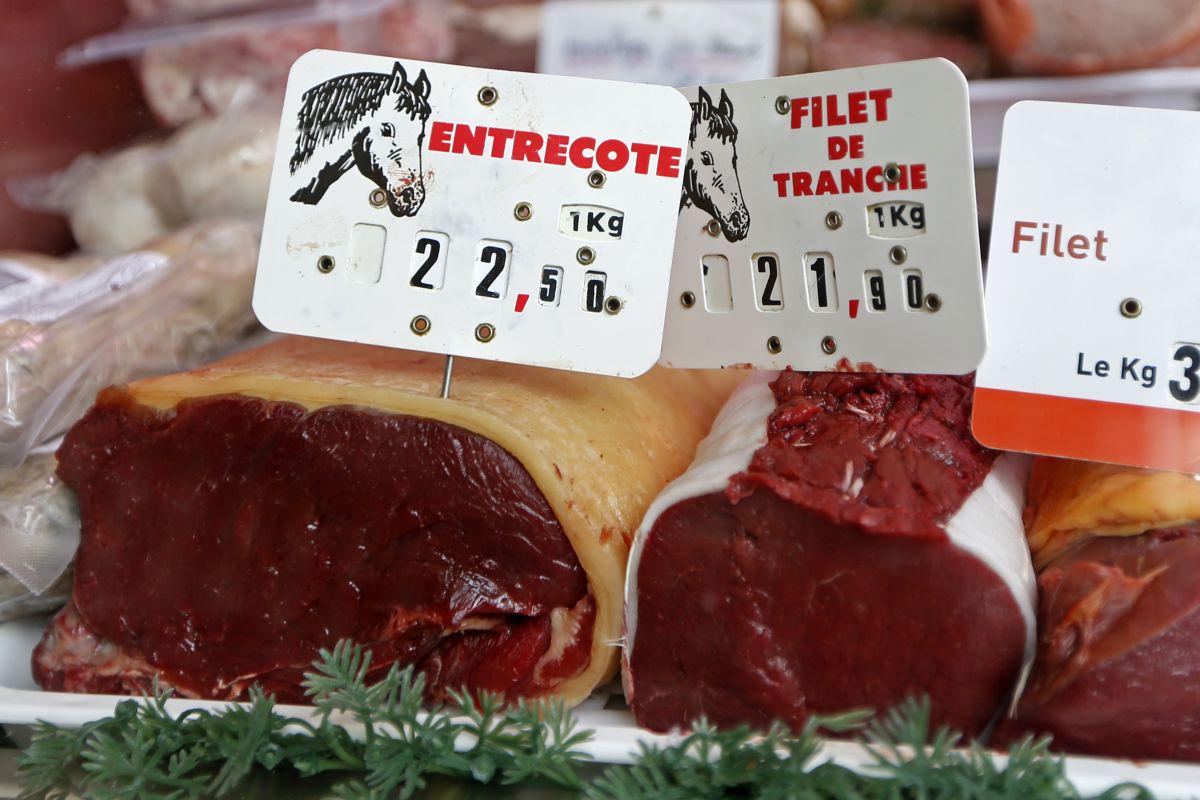
Out of 26,000 hoofed animals in Slovenia, around 1,300 are slaughtered every year, of which between 300 and 500 are foals. 1,100 horses, along with between 200 and 300 foals, are sent to Italy, where prices are higher.
Almost half of the horses are crossbreeds, to the dismay of breeding organisations striving for more purebred animals and thus higher prices. Labelling regulations in the field of horses are very lax and grey market is flourishing.
Many breeders are upset about the increase in illegal mating. The population of crossbreeds without data and documents is growing. And there are more possibilities for horses to be slaughtered illegally.
"If a horse comes from an unsubsidised farm, the farm is not regularly controlled, which means that mating is not reported," explains Janko Mrkun from the horse breeding department at the Veterinary Faculty.
Inspection control would be welcome
Illegal slaughters decrease the value of quality meat, which requires costly inspection control in breeding programmes, said France Omahen, president of the breeding organisation of Slovene cold-blooded horse breeds. "Inspection control would be welcome," he stressed.
Veterinary inspectors control only registered facilities, where there are no major irregularities. But the problem is ‘under the counter’ sales.
"Several facilities for such slaughtering have been discovered in the past – around Ljubljana, Škofja Loka, in the Dolenjsko region," admitted Andreja Bizjak from the Administration for Food Safety.
A few years ago inspectors discovered and stopped slaughtering at an unregistered facility near Škofja Loka. An irresponsible operation had been producing sausages from discarded sports horses and selling them to restaurants and individuals.
They discovered that meat from illegally slaughtered horses, without health and other checks, sells well, primarily to individual buyers. The difference in price is three-fold.

































































